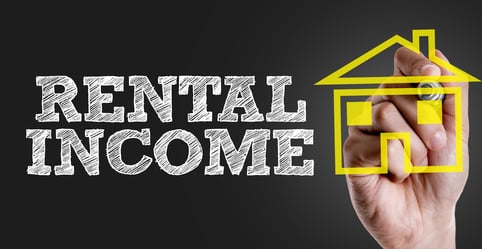There are few better things to invest in than real estate for growth potential.
But not all real estate rentals are made the same. With the wrong investment house that's either overpriced, doesn't have the right amenities, or isn't ready for a tenant, you could end up losing money in the long run.

By keeping these 7 tips in mind, you can optimize your rental property investment strategy...
Picture paying a bundle of money for an investment property, finding a suitable tenant, then finding out the hard way that your property isn't legal as a rental home.
For example, there may be regulations in place that dictate the minimum bedroom size. You might even need a business license in some jurisdictions, as a rental property is often seen as such.
Also, be sure to check into the tenant parking requirements for your particular area.
Is your rental home a short walk to grocery stores, hospitals, parks, and other important neighborhood features?
If not, is the property as least close to public transit that can take your tenant to where they need to go easily? If not, then you might not attract the quality tenants you're seeking.
Taking on the role of a landlord is not for everyone. It requires a lot of time, effort, as well as handyman skills. If you don't have the latter, then you'll find yourself spending a lot more than you probably planned for repairs.
For the same reason, you should avoid buying "as is" properties that require a lot of TLC to be inhabitable.
Partner with a real estate agent that knows the market you're looking in, and knows how much a home should sell for. Paying too much will cut into your long-term bottom line.
Along the same lines, make sure to partner with a lender that offers you the best mortgage terms and rates for your situation. Start humble – you don't want to buy a mansion on your first go and have it sit dormant.
In the meantime, find an ideal investment house at such places as Corner Stone Real Estate
Have a professional home inspector take a walk through the property before you sign on the dotted line. They can help you identify any pitfalls (such as wiring issues and leaks) that will end up costing you a lot more money.
As you might be making multiple trips to the rental property to collect rent or deal with issues, you should consider an investment house in your neighborhood or near it so you're not spending all of your time driving.
When drawing up a rental agreement, it might be wise to state that tenants are responsible for paying utility bills in their own name. If the bill is in your name, you may not have much recourse if the tenant doesn't pay up.
Another option is to work a flat rate into the monthly rent for utilities.
With the right real estate rentals and the right approach, you could make a healthy return on your investment!
Be sure to visit us often for more useful real estate articles.
thanks for sharing your good information.